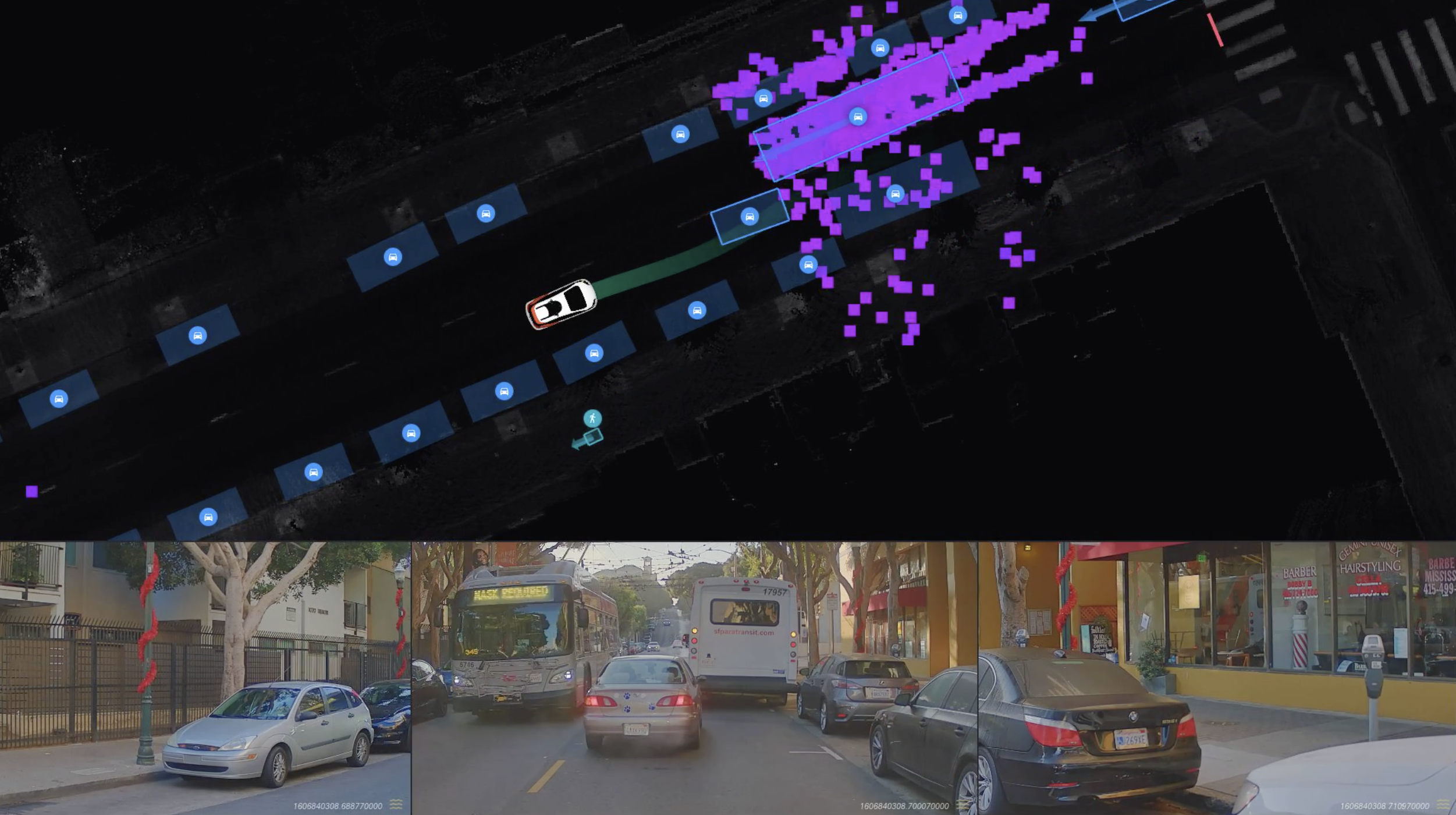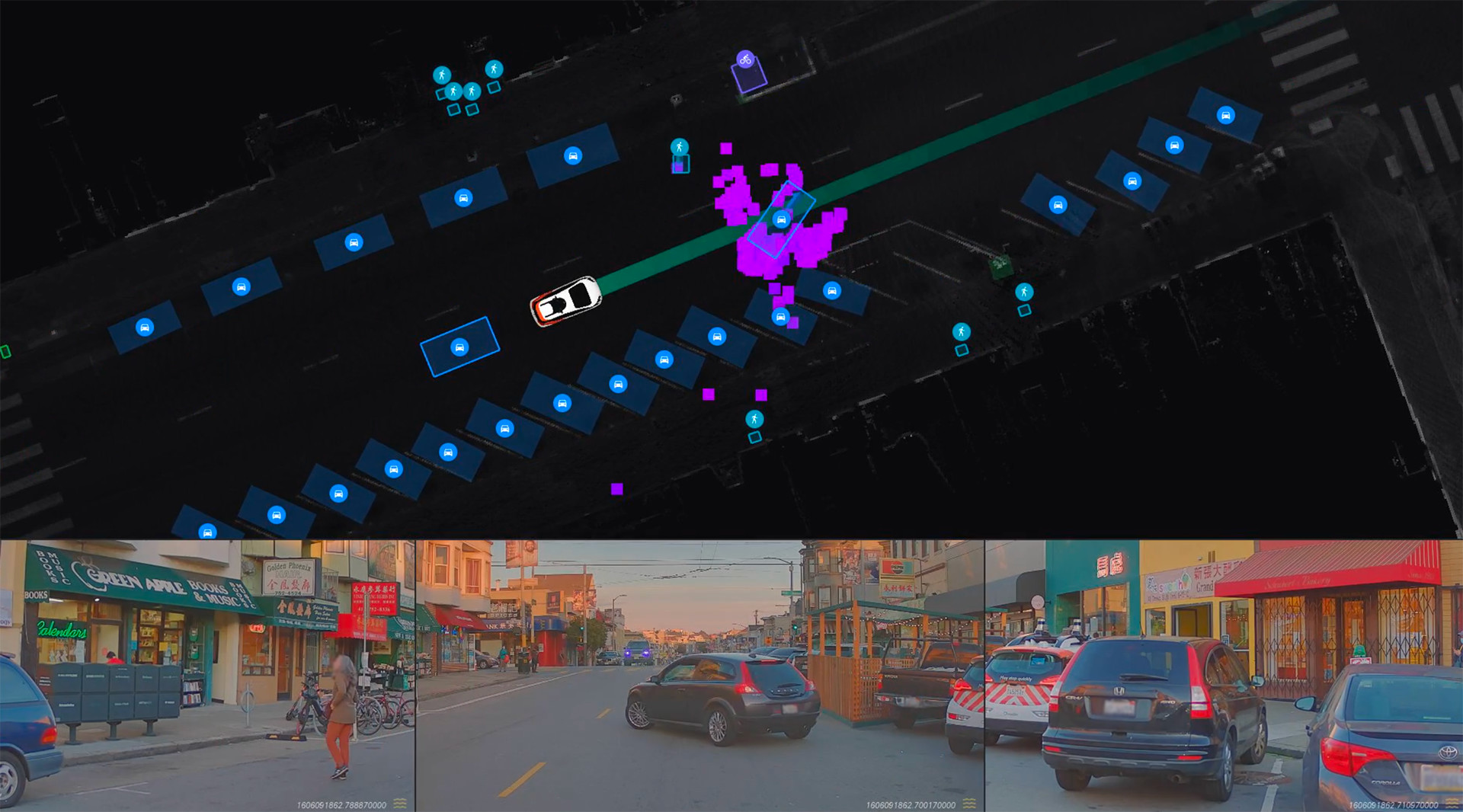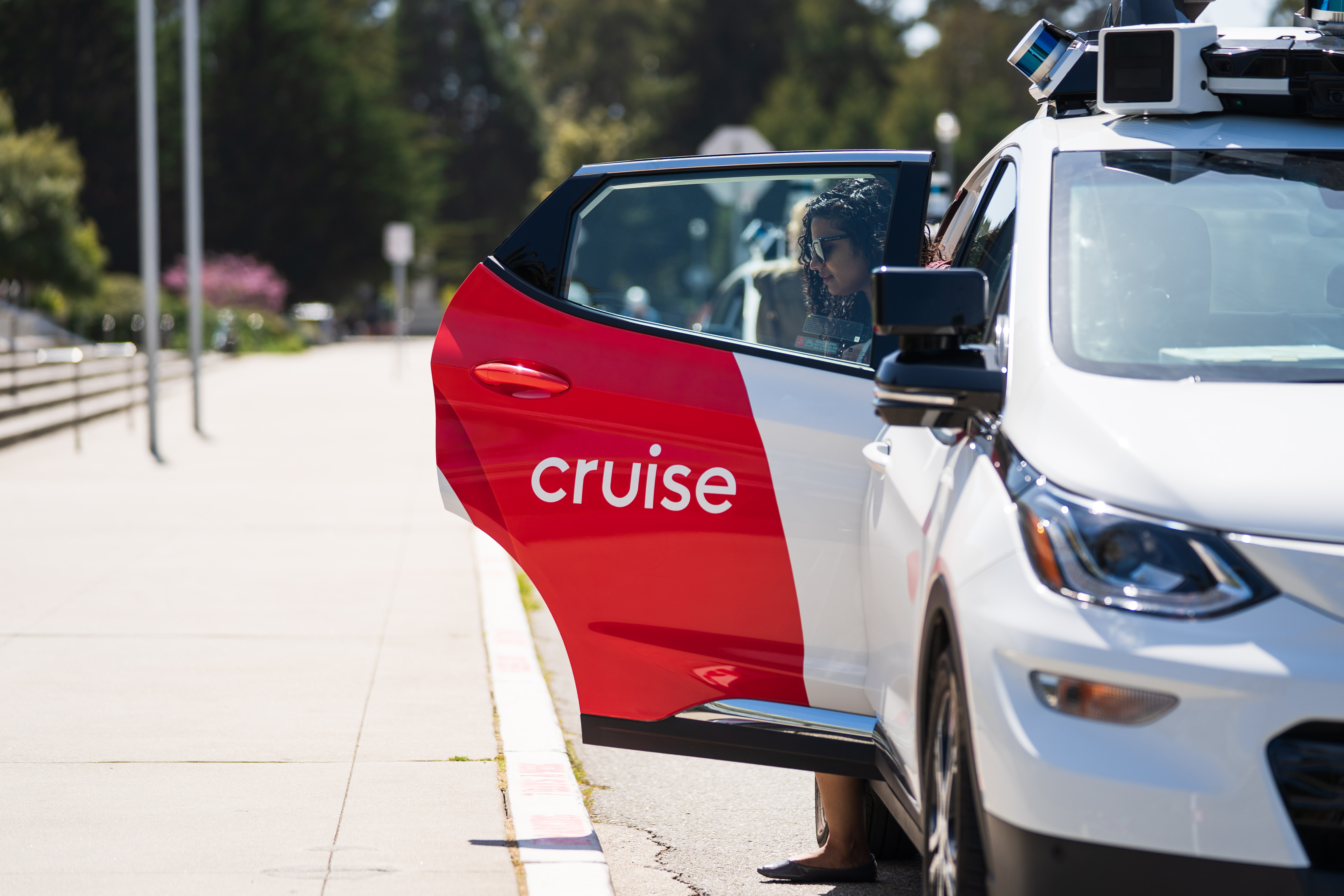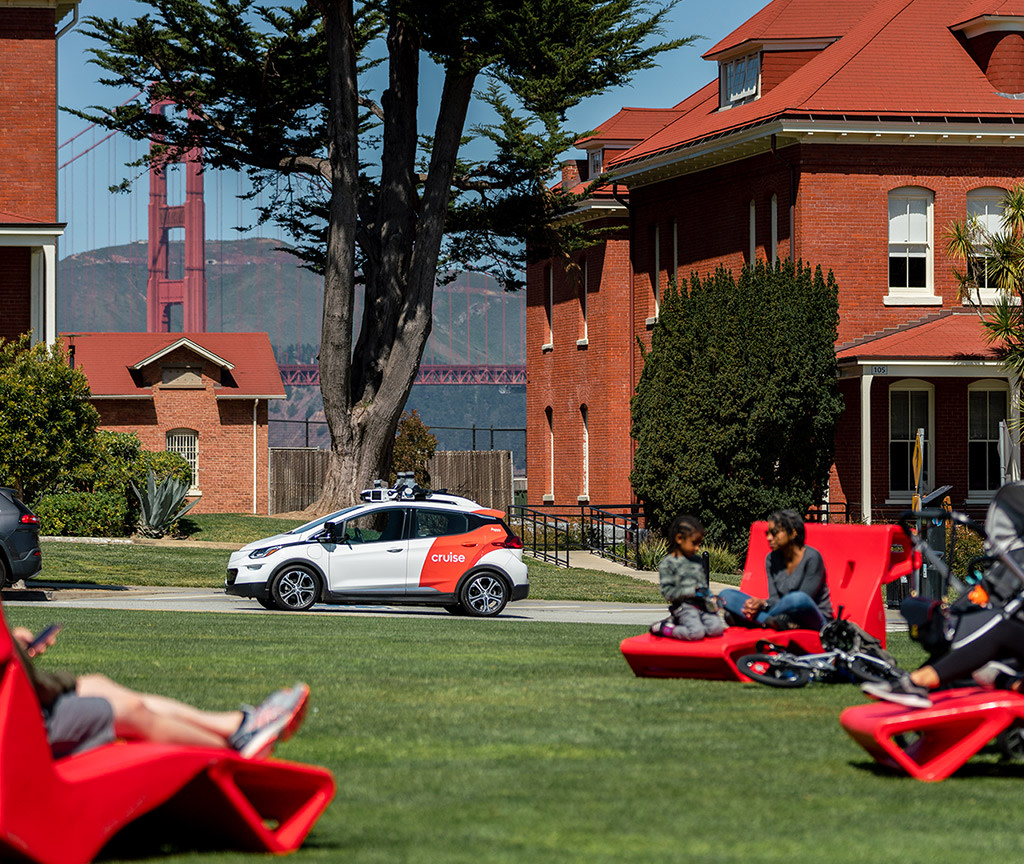The future of self-driving
Radar
Radar built for urban environments
In San Francisco, a dense urban environment with complexities like vehicles, cyclists, and pedestrians (sometimes all at once), our high-resolution radars enable Cruise AVs to identify vehicle kinematics, as well as stationary and moving objects.

Radar deep learning
Radar made for deep learning
Our Hardware team pioneers the development of radar systems engineered for machine learning and artificial intelligence. Alongside our complementary sensor suite of LiDAR, cameras, and acoustic sensors, our radars enable Cruise AVs to detect objects and their velocity with high precision.

Building connections
Building connective tissue
Our Embedded Systems team optimizes high-speed analog and digital processing of radar data. By building the software that connects users and producers of the data, our AVs are able to navigate San Francisco’s complex urban environment.

Prototyping and continuous iteration

Prototyping and continuous iteration
We continuously iterate on our high-resolution imaging radars and prototype new radar systems because we believe an efficient and high-performance sensor suite is the best total solution for safely deploying self-driving technology.
Our benefits
We’re here to support the whole you
Cruise Munich enables and promotes mobile working. Onsite teams enjoy a sophisticated 11,000m² campus with modern workspaces, production and research rooms, hardware labs, and free parking. We also offer these additional benefits.
Nutrition
- Subsidized canteen costs
- Free coffee
- Free fruit
More Benefits
- Complimentary gym membership
- Further education opportunities

Join us
Join us
Search our Hardware, Embedded Systems, and Software Engineering positions